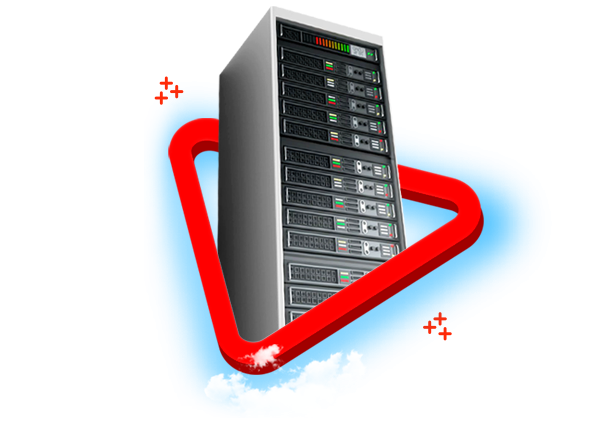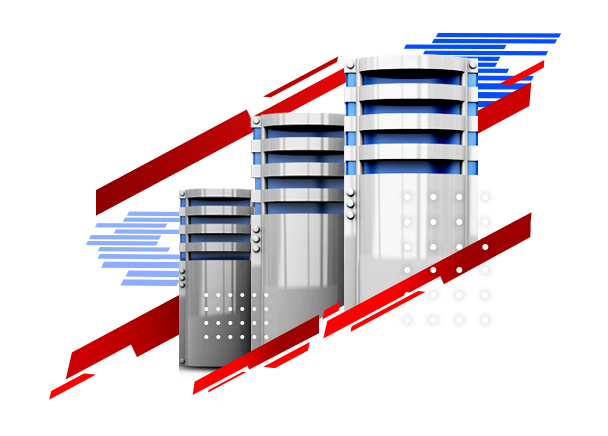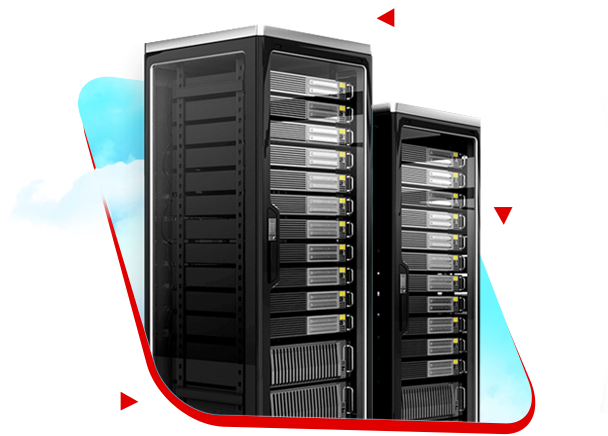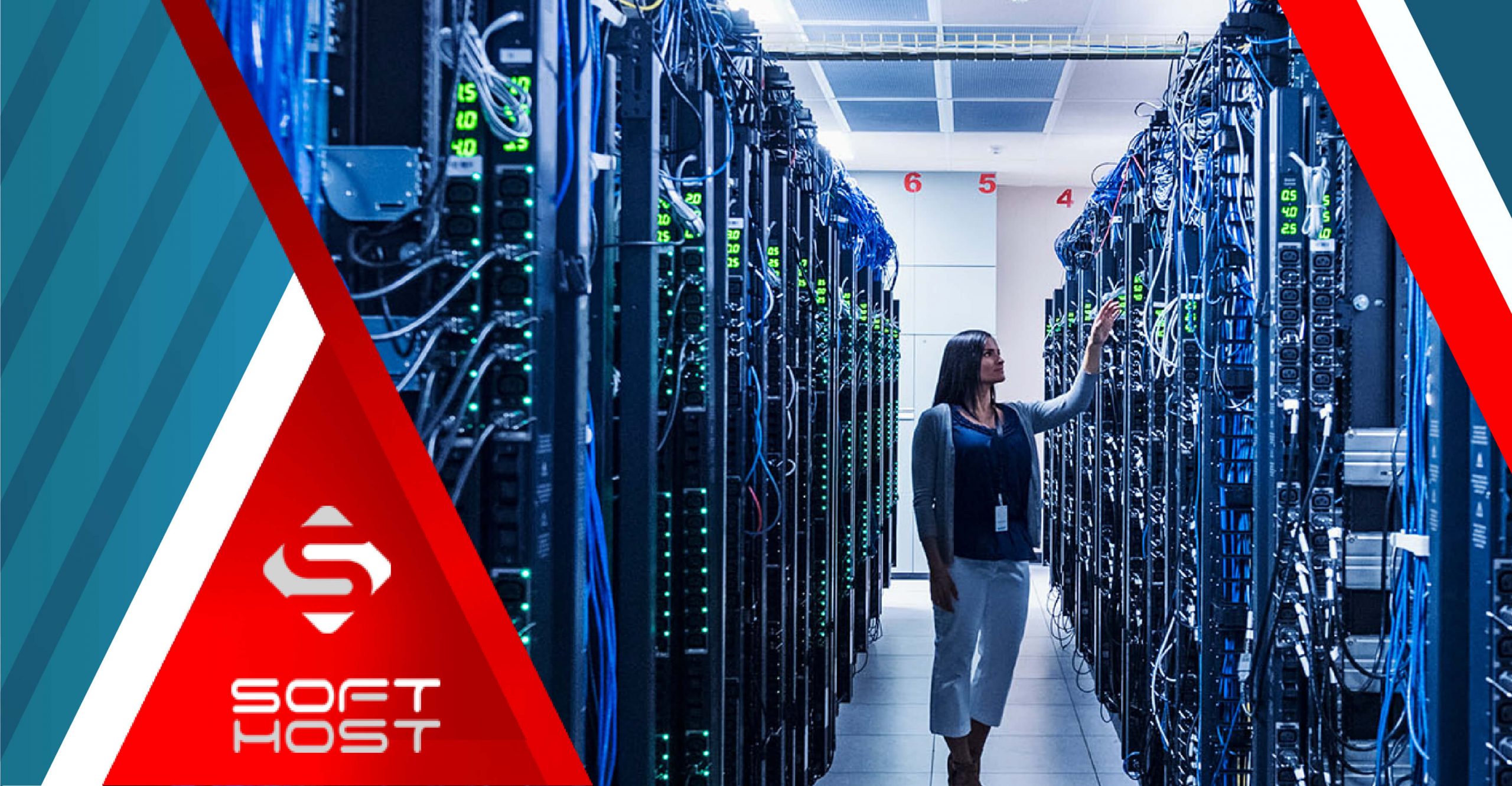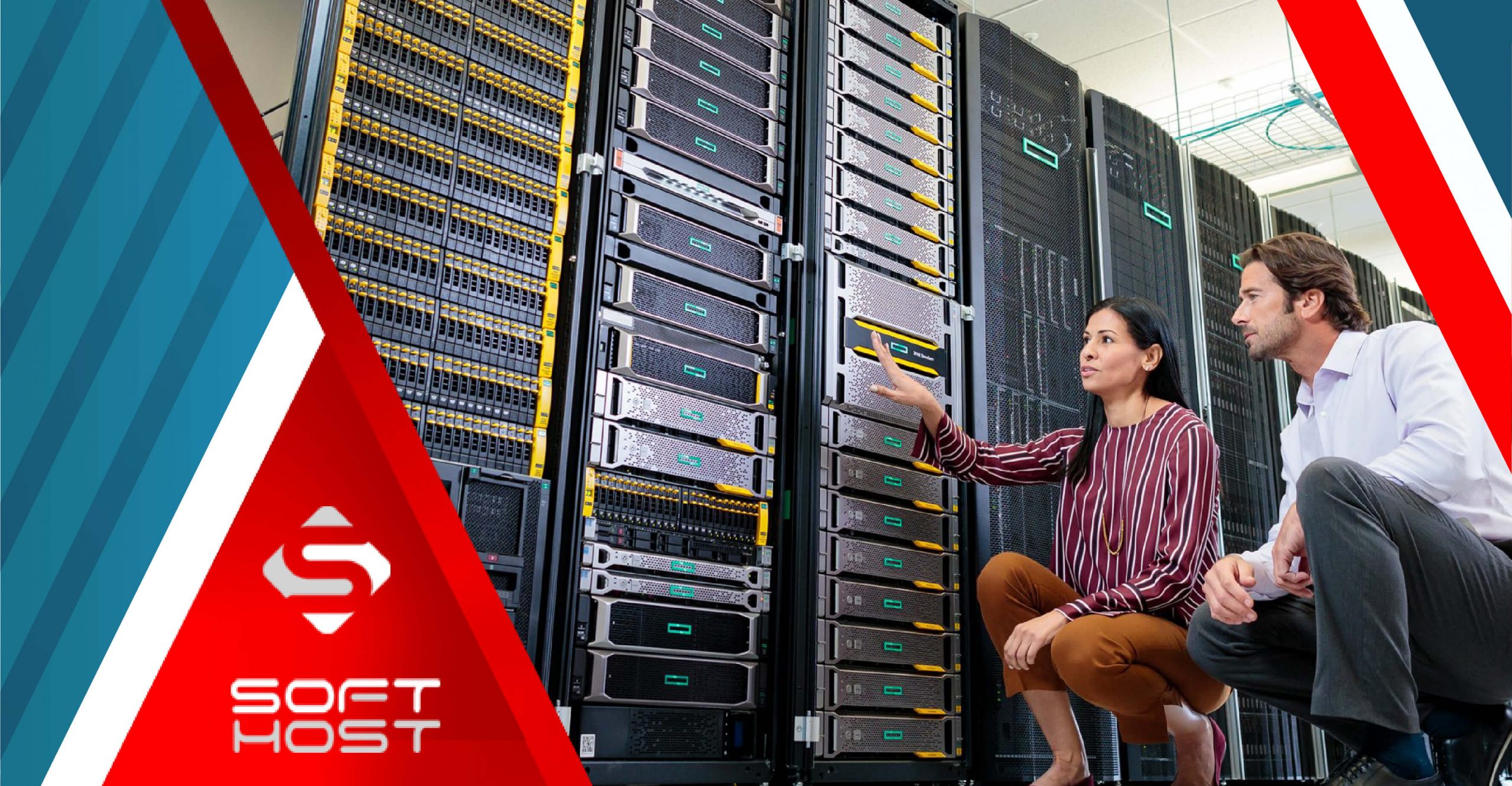
Today, with the spread of technology and the Internet in the world, creating a website using a cloud server or a dedicated server for any job is necessary, and in fact, in some cases, your company may even be the website you launched. The site you set up for work should be free of charge for trusted people and of course it should load quickly. In the following, we will review and compare the cloud server with a dedicated server.
The importance of server speed
Table of Contents
Creating a great site for business will take you to a level where you may not be able to access it if you do not have one, but with a good website you can achieve it. In fact, there is a principle that every company today needs a fast website and server. Server speed is so important that even a second delay can kill 7% of the company’s customers. In July 2018, Google changed its pattern for ranking sites in this regard and made the speed of the server and the web page one of the determining factors.
Effects of slow site
In fact, if the loading speed of your website page is low, customers and visitors will leave the site and will lower your ranking, which will have consequences for you. Website loading time is just one of the many things that is important and effective in having a website and you should always keep in mind that the web host you choose for the company will be very important. To better understand the hosting for the website, we need to distinguish between the two main types of services that are offered.
Check the specifications of cloud server and dedicated server
These services include dedicated server and cloud host server. Both of these services have advantages and disadvantages, and knowing these features is important for companies that want to expand their business, have little time, and have the right budget to do so. In the following, we will discuss the differences between these services and their concepts.
Cloud ecosystem
Here we mean cloud, technology and technology that makes a large number of servers act as a unit. The information stored in the cloud is actually stored in a virtual space. This space has the ability to attract resources from different centers strategically from around the world. In fact, they are super servers that share resources in cyberspace. Cloud servers use systems such as ceph or large storage networks called SANs for storage resources. HYPREVISOR is actually a controller of how to distribute different sizes of cloud server, which in addition to the task of allocating resources to each cloud server that includes the CPU core, RAM and storage space and manages it.
Dedicated environment and hosting space
Virtual technologies are not used in hosting dedicated servers. In fact, all resources are based on the capabilities and limitations of a piece of hardware. For this reason, these servers are called dedicated servers, which are separated from other surrounding virtual spaces using hardware. The hardware used in this server is specially made to create speed, durability and proper performance in the industry so that it is reliable for everyone.
What is a cloud server and how does it work?
Simply put, a cloud server is hosted on a virtual platform, and this virtual platform acts as a host. The hardware covered supports the base level as a bare metal server for many cloud servers. A public cloud server, on the other hand, is made up of several bare metal servers, all of which are housed in a secure data center that is responsible for collection. Each of these physical servers hosts a large number of virtual servers. It should be noted that you should know that you can create a virtual server in just a few seconds, and on the other hand, if necessary, it can be destroyed quickly.
Cloud server flexibility
Sending resources to a virtual server is a simple matter that does not require hardware terminology. One of the most essential and important advantages of cloud server is its flexibility. However, in a single cloud server, there are several web servers that can provide resources in cyberspace. Although each unit may be a bare metal server, customers and visitors use cyberspace and are willing to pay for it, while the customer does not have access to the operating system of each base unit.
What is Dedicated Server Hosting?
Dedicated server hosting has the ability to have only one client on a physical server. In fact, this means that all the servers are owned by the customer who has leased or purchased the hardware. Resources are customized according to the customer’s needs, which can be created in memory, type of processor, etc. Dedicated server hosts are the most powerful devices on the market that actually have multiple processors. The client may need a set of servers called a private cloud. The private cloud is built on virtual technology and has a large number of dedicated servers in a single virtual space, and all the resources in this virtual space are available to only one customer.
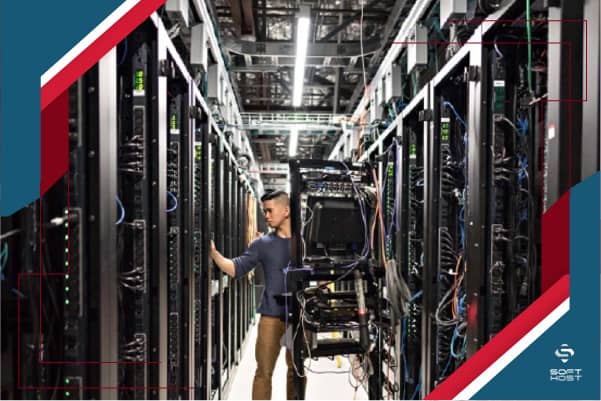
Combining cloud server and dedicated server-hybrid cloud
One of the things that many companies use is a hybrid cloud, which is actually a combination of a cloud server and a dedicated server. It is also possible to combine private and public cloud servers. In fact, this combination allows for personalization changes. This is great for jobs with financial needs or limitations. One of the things that has made the configuration so popular in the cloud is the use of a dedicated server for back-end applications. Due to their power, these servers provide the most suitable environment for storing or moving information. front-end is hosted on a cloud server.
Similarities between cloud server and dedicated server
In principle, both cloud servers and dedicated servers take the necessary steps, and using both of them, the following programs can be performed. These programs include:
Save information
Receive requests for information
Processing requests for information
Return information to users
Cloud server and dedicated server benefit from common solutions in the following areas:
Processing large amounts of traffic without delay
Receive, process and return information to users in standard time
Protect data and stored information
Guarantee the stability of website applications
Today, any application and service can be supported by using cloud server and dedicated server as well as hosting solutions. Cloud server and dedicated server can both run the same software and programs and they can be managed using one tool. In fact, the difference is in their performance. Using the right solution for the program can have many benefits, including savings, more flexibility, and more and better use of resources.
The difference between a dedicated server and cloud computing
The difference between cloud computing and dedicated server is in their performance, scalability, management, price and valuation. Dedicated servers are usually the best option for companies that want information to be processed and retrieved quickly. The speed of data processing in dedicated servers has been very high, which has made them popular and efficient. Speed of performance and information processing is especially important in industries such as e-commerce.
Information processing
The cloud server must go through the application and the back-end to access the data and information. In fact, more processing takes place on the cloud server, which takes more time; Therefore, one of the differences between a cloud server and a dedicated server is information processing time. The processors on the dedicated server are completely dedicated to the website or host application, which means that there will be no request queue on the server unless all the processing power is used at one time.
Easy processing of compact information
This makes a dedicated server a great choice for companies that want to process compressed data once. In a cloud server, CPU cores must be managed for proper performance. The dedicated server is completely paired with the site and the host application and so-called interacts with them, which prevents a lot of pressure in the environment. On a cloud server, network sharing puts pressure on bandwidth, which means that if two people use the same network, both may have negative side effects.
solution:
Hosting providers can upgrade cloud server rentals to NIC network interface cards. This upgrade and network interface card has been more expensive, but companies have also realized that it will be more cost-effective for these cards.
Measure your business hosting needs
Hardware is limited to the number of distributed DAS antennas or drive-bays on the server. A dedicated server can add drives to an open location using a background file system, a RAID controller, and a battery; But on the other hand, in a cloud server, data and data storage can be upgraded as well as flexible. The cloud server does not need to be operational to provide more storage space. Also, increasing and expanding storage on the cloud server does not fix any damage and does not cause any problems in this regard.
Dedicated servers take more time and resources to replace processors without fail. Host websites that are on the same server and require additional processing capabilities must migrate to another server and network.
displacement
Both dedicated and cloud servers can be moved. More planning is needed to move to a dedicated server. In order to achieve integrated mobility, a solution must be found for the present and the future, and for this reason, a great plan must be considered for this purpose. In most cases, old and new solutions must be used together at the same time. On the other hand, you should keep old servers to help you as a backup.
Server management and performance
Dedicated servers require a company to monitor dedicated hardware. In addition, companies need to have information in order to keep the items needed to store data within a reasonable range. Things like scaling, upgrading and maintaining are efforts that need to be engineered between the provider and the customer. You can also use cloud servers for more access. In some cases where proprietary operating systems need a plan to meet the needs of the server accurately, the cloud operating system can take over the planning.
Compare cloud server price with dedicated server
Cloud servers typically cost less to access than dedicated servers, but cloud servers require more resources. These include running a cloud server over a dedicated network interface, which is expensive; But on the other hand, one of the advantages of a dedicated server is its upgradeability, which improves the memory, network card and disks of non-volatile memory. Cloud Server lets you share your resources at no extra cost.
Cloud servers vs. dedicated servers
You have to choose between operating systems according to your job needs. In order to be able to make the right choice after comparing a cloud server with a dedicated server, you need to consider things like operational steps, cost, and scalability. In order to be able to optimize costs a bit, you can do this by combining loads on one piece of hardware so that it does not use physical resources. In fact, this is what cloud server providers do to reduce costs. Dedicated servers provide you with CPU access and data storage. You can use the strengths of both with a combined strategy.
CATEGORY:Blog
